Using your equity to buy an investment property
If you’ve paid down your home loan somewhat or your property has appreciated in value, you may be able to use your home’s equity to fund an investment property purchase.
Knowing how to use your home equity can help you achieve financial goals, but it’s important to weigh the risks, like increased debt and changing interest rates.
Let’s look at what equity is, why use your equity to buy an investment property, and how to do so.
What is equity?
Equity is the difference between the market value of your property and the balance remaining on your home loan.
Say your property is worth $1,000,000 and you owe the lender $200,000. Your total equity is $800,000.
However, not all of that equity is accessible. This is where usable equity comes in. Banks will typically lend you 80% of the value of your home, minus your existing loan balance.
In this example:
- 80% of the property’s value = $800,000
- Subtract the loan balance = $800,000 − $200,000
- Usable equity = $600,000
In some instances, you may be able to borrow more if you take out Lenders’ Mortgage Insurance (LMI).
Why use your equity to invest?
Using the equity in your home to purchase an investment property can be a powerful strategy, but it’s important to weigh both the benefits and potential risks. That’s why it’s essential to seek professional advice – whether financial, legal, or tax-related – to ensure this approach aligns with your goals and circumstances.
Let’s take a closer look at some of the key advantages and potential drawbacks of using your equity to invest.
Pros
- No need to save a deposit. You can use the equity in your home to buy your next property, without having to save up a large deposit. It means you can jump back into the property market sooner, and seize on market opportunities.
- Potential tax benefits. Buying an investment property may have tax implications. For example, some investors use strategies like negative gearing, which can affect their taxable income. You may also be eligible to claim deductions on expenses like interest on the loan, property management fees, and maintenance.
- Expand your property portfolio. Investing in property may offer benefits like long-term capital growth and rental income. It allows you to potentially benefit from the appreciation on multiple properties over time, as well as opening up an income stream (via the rental return).
- Increase your borrowing capacity. Using your equity may allow you to borrow more than you could with just your income and savings, giving you access to properties with a bigger price tag.
Cons
- Increased debt: By borrowing against your equity, you’ll be increasing your total debt. You’ll need to be able to service a larger debt and the costs associated with owning your home and an investment property.
- Market risk: If the value of your investment property decreases, it could affect the equity in your existing property, potentially leaving you in negative equity territory. This is where your debt outweighs the value of your properties.
- Tax implications: You may be liable for capital gains tax when you sell the investment property. It’s a good idea to run through the tax implications of using your equity to buy an investment property with your tax accountant.
How to use your equity to invest?
Refinance to access equity
Refinancing to unlock your equity is a popular option. This involves taking out a new loan to pay off your old mortgage, with some money left over – that is, your equity. You can then use that money as a deposit, and take out a new loan for the investment property.
Home loan top up
A common way to borrow against the equity in your home is to get a home loan top up or increase. This involves increasing your current mortgage limit to allow you to access the funds (which can then be used for a deposit for the investment property).
Cross-collateralisation
Cross-collateralisation involves using your home as collateral and adding it to the new investment property loan, to help get the purchase over the line. In this scenario, you’d end up with 2 loans – the original mortgage secured by your home, and the new mortgage secured by your home and the investment property.
Line of credit
Another option is to set up a line of credit and use the money as a deposit for your investment property. With this scenario, your lender would approve you for a specific amount, based on your usable credit. The benefit of a line of credit is that you only pay interest on the amount that you borrow, rather than the entire limit.
Like to know more?
There may be other finance options to help you use your equity to buy an investment property (such as a supplementary loan or home equity loan).
To get started, give us a call today to talk through how you can unlock your equity – we’re here to help!



